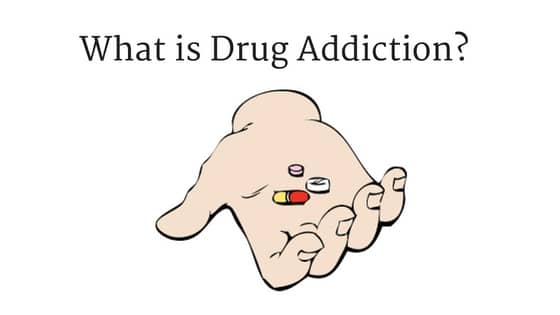Drug addiction is a very serious brain disease characterized by compulsive drug seeking and use, despite harmful consequences to the drug addict and those around them.
Drug addiction begins with a voluntary act of taking drugs. As the drug addict does the drug more and more their ability to choose not to do so becomes compromised. The drug addict begins to compulsively take the drug. This is mostly due to the effects of long-term drug exposure on brain function. Addiction affects parts of the brain involved in reward and motivation, learning and memory, and control over behavior.
Can Drug Addiction be Treated?
Yes, but it’s not easy. People can’t simply stop using drugs for a few days and be cured. People addicted to drugs need long-term and repeated care to stop using completely and begin to rebuild their lives.
Successful addiction treatment will help the person do the following:
- Abstain from drugs
- Be a productive member of society
Principles of Effective Addiction Treatment
- Addiction is a complex but treatable disease. It affects brain function and behavior.
- There is not just one treatment type for everyone
- People need fast access to addiction treatment help
- All of the patient’s needs need to be addressed- not just the drug use
- The patient must stay in treatment long enough
- Counseling and therapy based programs are most common with addiction treatment.
- In some cases, medications are used, especially when combined with behavioral therapies.
- Treatment plans must be updated often based on the patient’s changing needs
- All mental disorders should be addressed
- Detox is only the first stage of treatment
- Treatment doesn’t have to be voluntary to be effective, although it makes it a lot easier
- During treatment drug use should be monitored continuously
- Treatment programs should test patients for infectious diseases like HIV, Hepatitis B, Hepatitis C, and Tuberculosis. They should also teach steps they can take to reduce their risk of this illness
How is Drug Addiction Treated?
Successful treatment has several steps:
- Medical Detox
- Counseling, like behavioral counseling
- Medication (for specific drugs like opiates and alcohol)
- Evaluate for co-occurring mental health issues and treating them appropriately
- Long-term relapse prevention
A custom treatment program with follow-ups is crucial for success. Treatment should cover all of the patient’s needs. Follow-up treatment and relapse prevention are important. Community and family-based recovery support programs often are the best kinds of follow-up care.







